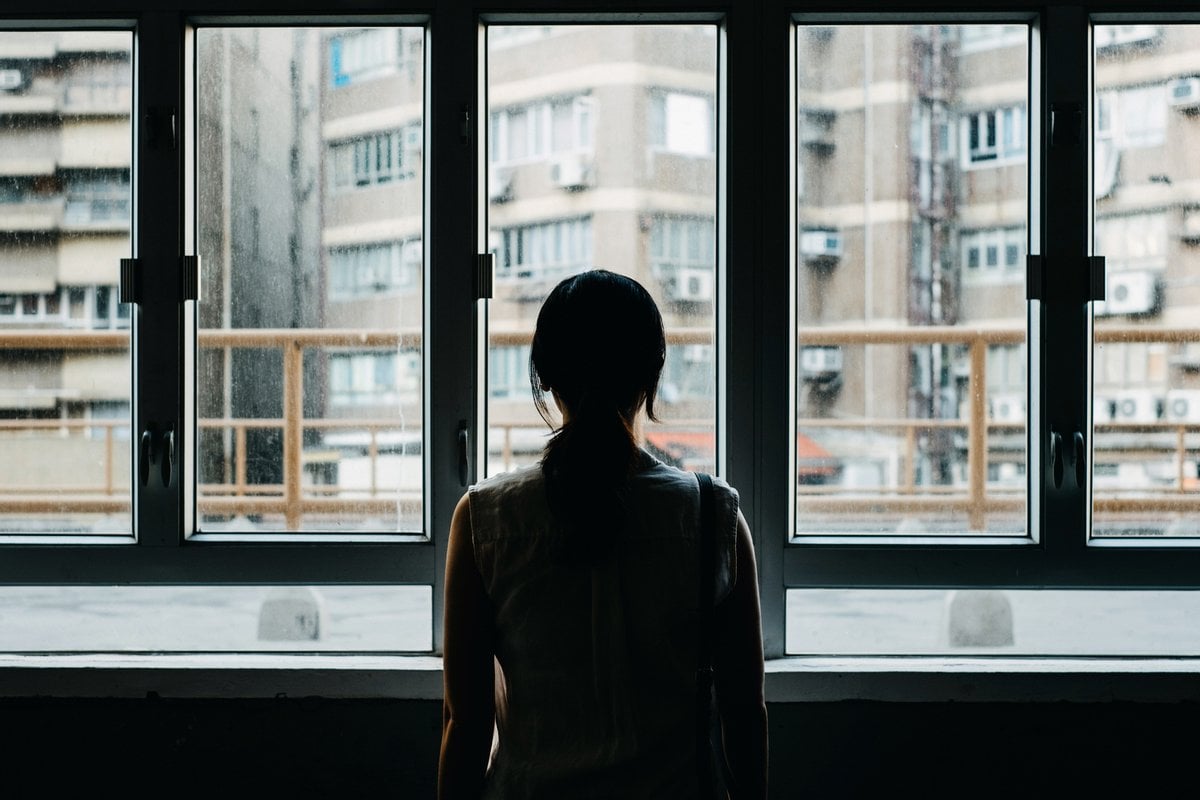
Before Omicron worked its transmissive magic on the NSW community, I found that the side effects of COVID-19 extended beyond the physical ones we hear about so often.
Beyond the fever and the sore throat, there seemed to be a stigma, and I felt a sense of shame attached to catching the virus.
I associated this with feelings of personal irresponsibility and questions of “Why me? I did all the right things”. Try and catch me going outside without my mask and a bottle of hand sanitiser.
Watch: Things You Never Say In 2021. Post continues below.
But when I caught COVID-19, this side effect only lasted a day or two.
After multiple conversations with friends ended in resounding support and mere curiosity about the whole experience, I let go of any feelings of shame I carried.
No one even doubted that I had been staying safe and done the right thing - I had just been unlucky.
So, if people can feel no shame about getting sick after one too many G&Ts, there really was no need for any negative stigma around getting sick during the pandemic.

Top Comments